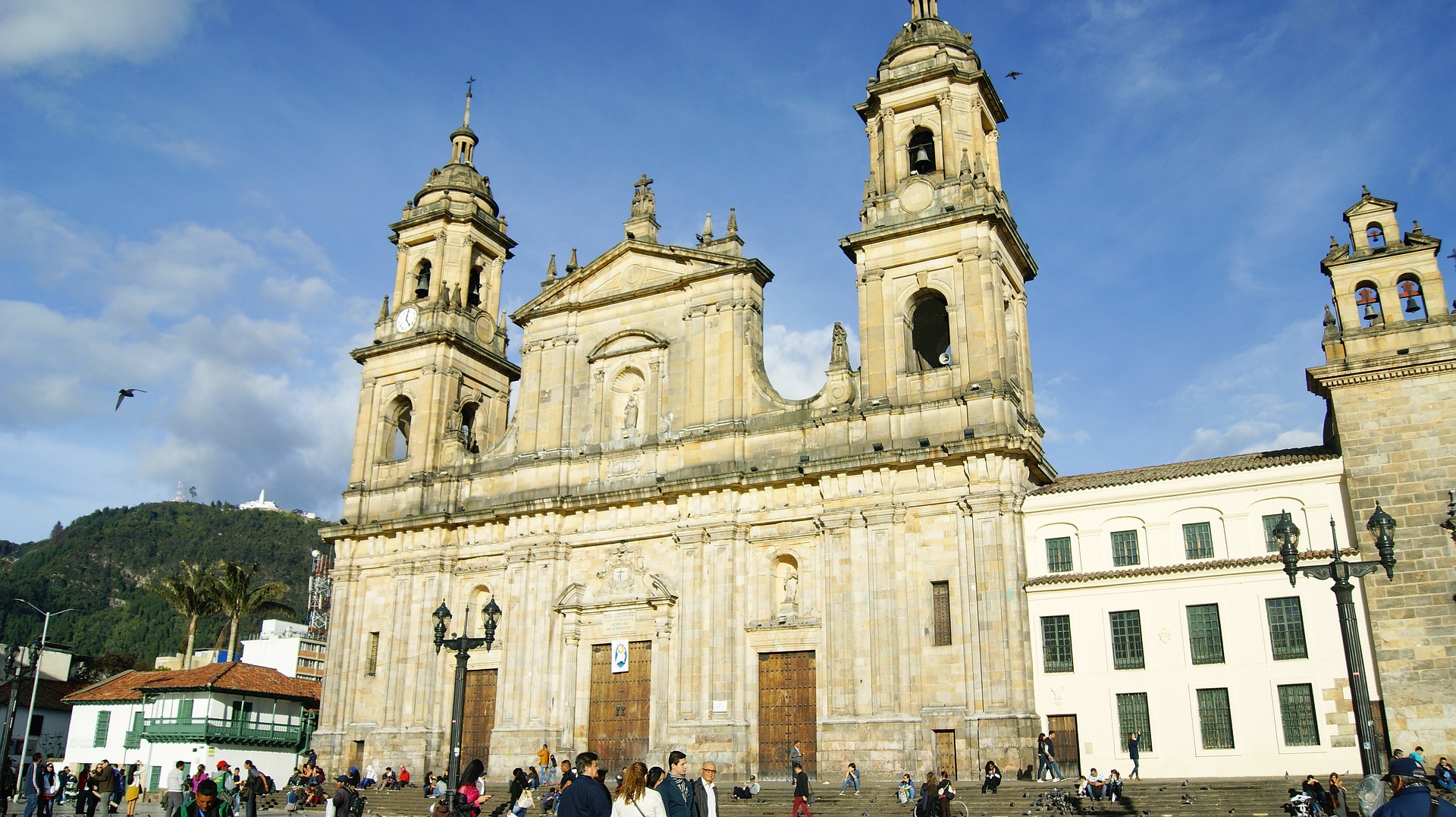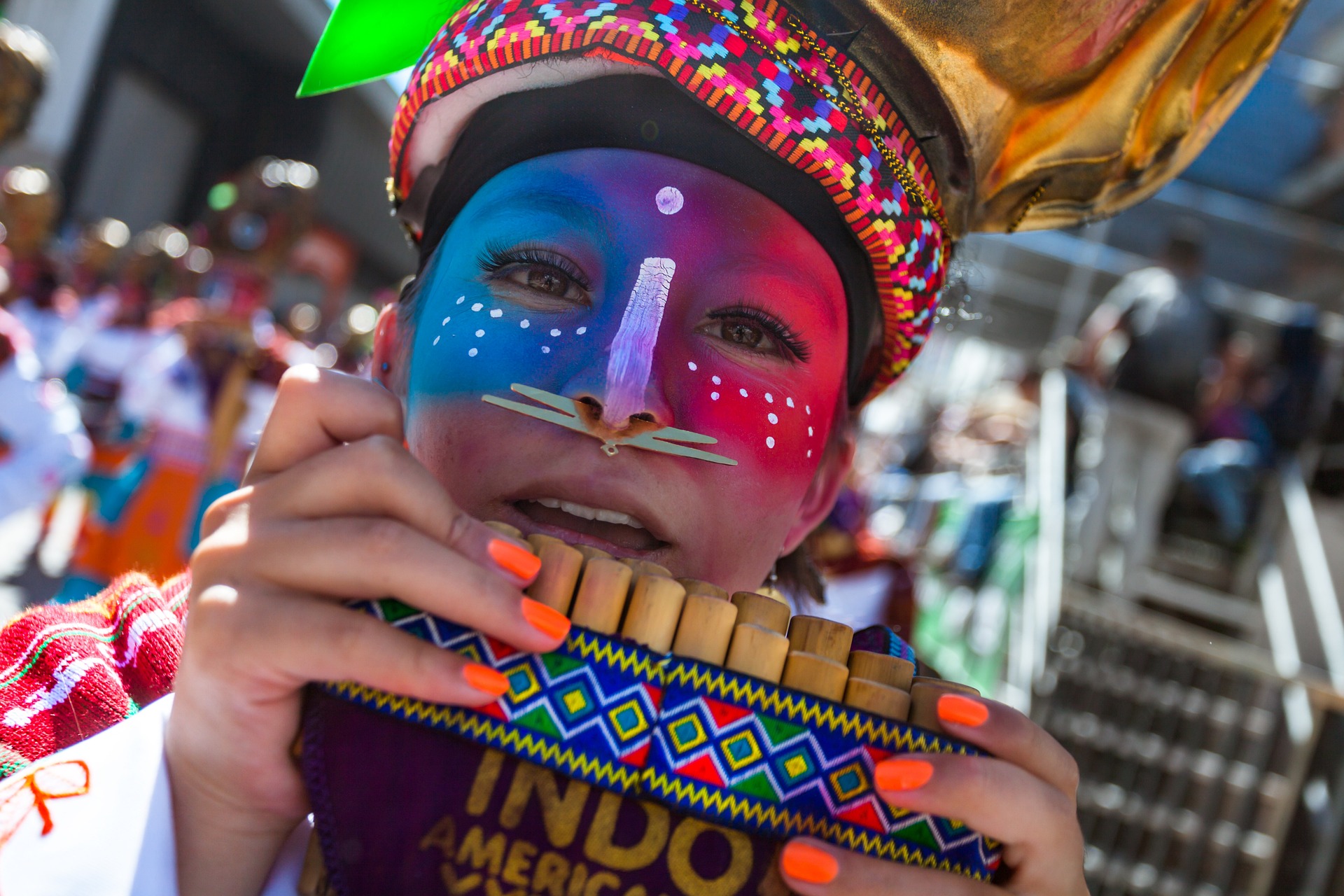Welcome to the vibrant and colorful world of Colombia where customs, traditions, and culture blend seamlessly into a rich tapestry that defines this South American country. From the lively music festivals to the tantalizing food markets, Colombia has an irresistible allure that beckons you to explore deeper into its roots. What are some of the most fascinating Colombian customs and traditions that have stood the test of time and continue to shape its unique identity? Sit back and delve right in.
Colombia’s Culture and Traditions
Colombia is a country rich in culture and tradition. From its vibrant music and dance to its delicious food and drinks, there is much to learn about Colombia's culture. Here is an introduction to some of the most important aspects of Colombian culture and traditions.
- Music and Dance: Colombia is home to a wide variety of music and dance styles. The most popular genres of music include cumbia, vallenato, salsa, and reggaeton. Colombian dance styles include salsa, merengue, bachata, and cumbia.
- Food and Drink: Traditional Colombian food includes dishes such as arepas (corn cakes), empanadas (meat or cheese-filled pastries), tamales (stuffed cornmeal pockets), sancocho (a hearty soup), bandeja paisa (a platter of rice, beans, meat, plantains, and avocado), and arroz con leche (rice pudding). Popular Colombian beverages include coffee, aguardiente (an alcoholic drink made from sugarcane), and chicha (a fermented corn beverage).
- Religion: Catholicism is the predominant religion in Colombia. However, there is a significant minority of Protestants, as well as smaller numbers of Muslims, Jews, Buddhists, and Hindus.
- Language: Spanish is the official language of Colombia. However, there are many regional dialects spoken throughout the country. English is also widely spoken in tourist areas.
History of Colombian Customs and Traditions
Colombian customs and traditions are some of the most unique and interesting in all of South America. From the colorful dress and music of the Colombian Carnaval to the traditional Christmas Eve feast of tamales, Colombia has a rich culture that is a mix of various indigenous, European, and African influences.
The history of Colombian customs and traditions can be traced back to the country's indigenous people, who were the first to inhabit what is now Colombia. The native Colombians were a deeply spiritual people who believed in reincarnation and had a strong connection to nature. They also had elaborate ceremonies and rituals that were often associated with their religious beliefs.
When the Spanish arrived in Colombia in the 16th century, they brought with them their own customs and traditions. These included things like bullfighting, flamenco dancing, and Catholic religious celebrations. Over time, these Spanish influences blended with those of the indigenous people, resulting in the unique culture that we see today.
One of the most important aspects of Colombian culture is music. You can find traditional music being played all over the country, from folkloric bands at local fiestas to salsa clubs in big cities like Bogotá. Music is an integral part of Colombian identity, and it is one of the best ways to experience the country's rich culture firsthand.
Popular Festivals and Celebrations
In Colombia, festivals and celebrations are an important part of the culture and are a great way to experience the country's vibrant atmosphere. From the world-renowned Carnaval de Barranquilla to the lesser-known but equally festive Feria de las Flores, there is no shortage of opportunities to join in the fun.
Carnaval de Barranquilla is one of the most popular festivals in Colombia, and takes place every year in February. The carnival is a huge celebration with music, dancing, and costumes, and is a great opportunity to experience Colombian culture at its finest.
Feria de las Flores is another popular festival that takes place in August in the city of Medellin. This flower festival celebrates the city's rich history and culture, and features beautiful displays of flowers, as well as music and dance performances.
Whether you're looking to party hard or simply take in the sights and sounds of some of Colombia's most beloved festivals, there's sure to be a celebration that's perfect for you.
Music, Dance, Art and Cuisine
Colombia is a country rich in culture, music, art and cuisine. The traditional music of Colombia is called cumbia, which is a mix of African and Indigenous influences. Cumbia is often danced to by couples in a circle, and the music is played on drums, guitars and maracas. Traditional Colombian dance also includes the pasillo, bambuco and fandango.
The art scene in Colombia is vibrant and diverse, with many different styles of painting and sculpture on display in galleries and museums around the country. Traditional Colombian cuisine includes dishes such as arepas (corn cakes), sancocho (a stew made with chicken or beef), tamales (stuffed cornmeal rolls) and empanadas (fried or baked turnovers).
Colombians are very proud of their culture and traditions, which are an important part of what makes the country so special. If you're planning to visit Colombia, take some time to learn about the customs and traditions before you go - it will help you to understand the heart of this amazing country.
Gender Roles and Family Life
Colombia is a country with a rich and vibrant culture that is steeped in tradition. One of the most important aspects of Colombian culture is the role that family plays in society. Families are very close-knit and often include extended family members such as grandparents, cousins, and godparents.
Gender roles in Colombian families are fairly traditional, with men typically working outside the home and women staying home to care for the children and household. However, women are increasingly taking on more active roles in society and the workforce.
Family life in Colombia revolves around spending time together and celebrating special occasions such as birthdays, holidays, and weddings. There is a strong emphasis on respect for elders and treating others with kindness and compassion.
Social Etiquette & Manners in Colombia
When traveling to Colombia, it is important to be aware of the social etiquette and manners that are expected in this culture. Colombians are generally very hospitable and welcoming to foreigners, but there are still some customs and traditions that should be respected. Here are some tips on what to expect when it comes to social etiquette in Colombia:
- Greetings: It is customary to greet people with a handshake and to address them using the formal "usted" form until they invite you to use the informal "tu" form. It is also common for men to greet women with a kiss on the cheek.
- Names: People in Colombia generally use both their first and last names when introducing themselves. It is considered impolite to address someone by only their first name unless you are invited to do so.
- Personal space: Colombians tend to stand close together when talking and may touch or pat each other on the arm or shoulder as a sign of friendship. This can be seen as intrusive if you are not used to it, so it is best to just go with the flow and not back away too much.
- Punctuality: Colombians are not always known for being punctual, so don't be surprised if meetings or appointments start later than expected. That said, it is still considered rude to be excessively late.
Religion & Beliefs in Colombia
Colombia is a very religious country. The majority of the population is Roman Catholic, but there are also large numbers of Protestants, Jehovah's Witnesses, and other Christians. Muslims make up a small minority of the population.
There are many different religious beliefs and practices in Colombia. Roman Catholics believe in the teachings of the Bible and the authority of the Pope. They practice rituals such as baptism, confession, and communion. Protestants typically believe in salvation through faith alone and have a more personal relationship with God. Jehovah's Witnesses believe in Jehovah as the one true God and that Armageddon is coming soon. They do not celebrate birthdays or holidays, and they do not vote. Other Christians include Pentecostals, Seventh-day Adventists, and Mormons.
Muslims make up a small minority of the population, but their numbers are growing. Islam is based on the belief in Allah as the one true god and Mohammed as his prophet. Muslims follow the Five Pillars of Islam: faith, prayer, fasting, charity, and pilgrimage to Mecca.
Colombia is a beautiful country full of vibrant culture and history. Its customs and traditions are woven into the fabric of its society, providing visitors with an insight into the true heart of Colombian culture. From festivals to food and music, it is easy to see why Colombians take great pride in their heritage. Whether you’re travelling there for business or pleasure, taking the time to learn about some of these customs and traditions will give you a much deeper understanding of this amazing country’s rich cultural identity.
Sources:
https://retirepedia.com/colombia-culture.html
https://warbletoncouncil.org/cultura-de-colombia-6355
https://en.sperohope.com/cultura-de-colombia-tradiciones
https://learnmorethanspanish.com/blog/unique-colombian-traditions/
















0 Comments